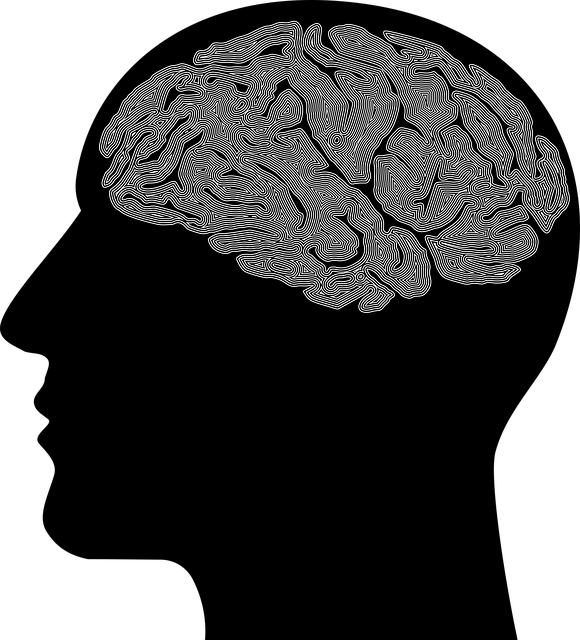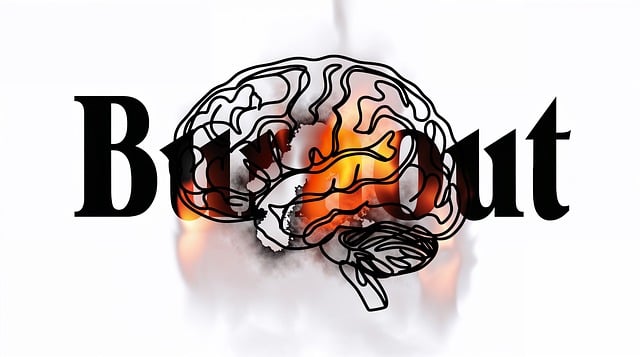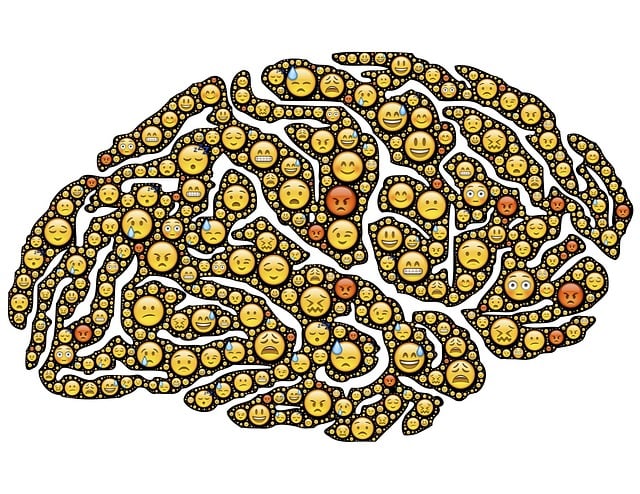Mental wellness group facilitation using Parker Conduct Disorder Therapy is an effective approach for diverse mental health challenges. It emphasizes emotional intelligence, creating safe spaces through open dialogue, structured activities like Mental Wellness Journaling Exercises, and tailored sessions to explore thoughts, emotions, and actions. This holistic method targets root causes of conduct disorders linked to trauma, promoting self-awareness, personal growth, and resilience. Facilitators use active listening, reflective practices, and evidence-based techniques to foster positive behavioral interventions, coping strategies, improved communication, conflict resolution skills, and alignment with Mind Over Matter Principles for long-term mental wellness. Parker Conduct Disorder Therapy offers a specialized, innovative approach for children and adolescents, combining cognitive-behavioral techniques with emotional regulation training to improve relationships and overall well-being.
Mental wellness group facilitation is a powerful tool for fostering recovery and building community. This article explores key techniques for effective group leadership, focusing on strategies that create safe, supportive environments essential for mental health growth. We delve into innovative approaches like Parker Conduct Disorder Therapy, offering unique perspectives on facilitating meaningful conversations and enhancing group dynamics. Additionally, we discuss communication strategies and methods to measure and optimize the therapeutic experience.
- Understanding Mental Wellness Group Facilitation
- Parker Conduct Disorder Therapy: A Unique Approach
- Creating a Safe and Supportive Environment
- Effective Communication Strategies for Facilitators
- Measuring and Enhancing Group Dynamics
Understanding Mental Wellness Group Facilitation

Understanding Mental Wellness Group Facilitation is a key step towards fostering supportive and effective therapeutic environments. As a group facilitator, your role transcends mere moderation; it involves guiding participants through a journey of self-discovery and emotional growth. This process demands a nuanced approach, especially when addressing diverse mental health challenges, such as Parker Conduct Disorder Therapy.
Emotional Intelligence plays a pivotal part in successful facilitation. By cultivating awareness and understanding of your own emotions and those of the group, you create a safe space for honest expression. Encouraging open dialogue and providing structured activities, like Mental Wellness Journaling Exercises Guidance, allows participants to explore their thoughts and feelings. This, in turn, facilitates positive thinking and promotes coping mechanisms tailored to individual needs.
Parker Conduct Disorder Therapy: A Unique Approach

Parker Conduct Disorder Therapy offers a unique and innovative approach to treating conduct disorders and enhancing mental wellness. This therapeutic method, developed by experts, focuses on empowering individuals to develop inner strength and overcome challenging behaviors. By combining cognitive-behavioral techniques with a holistic understanding of the individual’s experiences, this therapy delves into the root causes of conduct issues, often linked to underlying trauma.
Through tailored sessions, facilitators guide participants in exploring their thoughts, emotions, and actions, fostering self-awareness and personal growth. The process involves teaching effective coping strategies, enhancing social skills, and promoting positive behavior changes. By supporting individuals in building inner strength, Parker Conduct Disorder Therapy not only addresses the disorder but also equips them with valuable tools for long-term mental wellness and resilience.
Creating a Safe and Supportive Environment

Creating a safe and supportive environment is pivotal for effective mental wellness group facilitation. This involves establishing guidelines that encourage open communication while fostering a non-judgmental atmosphere. As a facilitator, it’s essential to set clear boundaries, ensuring all participants feel respected and understood. Techniques like active listening and reflective practices enable facilitators to create a space where individuals feel comfortable sharing their experiences, fears, and triumphs without fear of criticism or ridicule.
Drawing from evidence-based approaches such as Parker Conduct Disorder Therapy, facilitators can model positive behavioral interventions and coping strategies. Encouraging self-esteem improvement and positive thinking, while integrating trauma support services when needed, helps participants navigate challenges and build resilience. Ultimately, a well-structured, caring environment facilitates meaningful connections among group members, enhancing the therapeutic experience for all.
Effective Communication Strategies for Facilitators

Effective communication is a cornerstone for facilitators leading mental wellness groups, especially when dealing with complex issues like Parker Conduct Disorder Therapy. Facilitators must master active listening, ensuring every participant feels heard and understood. This involves paraphrasing, asking open-ended questions, and maintaining eye contact to create a safe and non-judgmental environment. By fostering open dialogue, facilitators encourage participants to express their thoughts and feelings honestly, which is crucial for progress in therapy sessions.
Moreover, incorporating Conflict Resolution Techniques and Crisis Intervention Guidance can enhance communication dynamics. Facilitators should be equipped with strategies to navigate disagreements constructively, promoting healthy debates instead of acrimony. These techniques not only ensure peaceful interactions but also teach participants valuable skills for managing interpersonal conflicts, aligning with the Mind Over Matter Principles that emphasize self-regulation and positive thinking.
Measuring and Enhancing Group Dynamics

Mental wellness group facilitation is a powerful tool that can significantly impact individuals’ lives. By employing techniques like Parker Conduct Disorder Therapy, facilitators create safe spaces fostering open communication and positive group dynamics. Understanding these strategies is essential for enhancing mental health support in diverse settings. This approach not only measures progress but also revolutionizes care, ensuring every voice is heard and valued.












